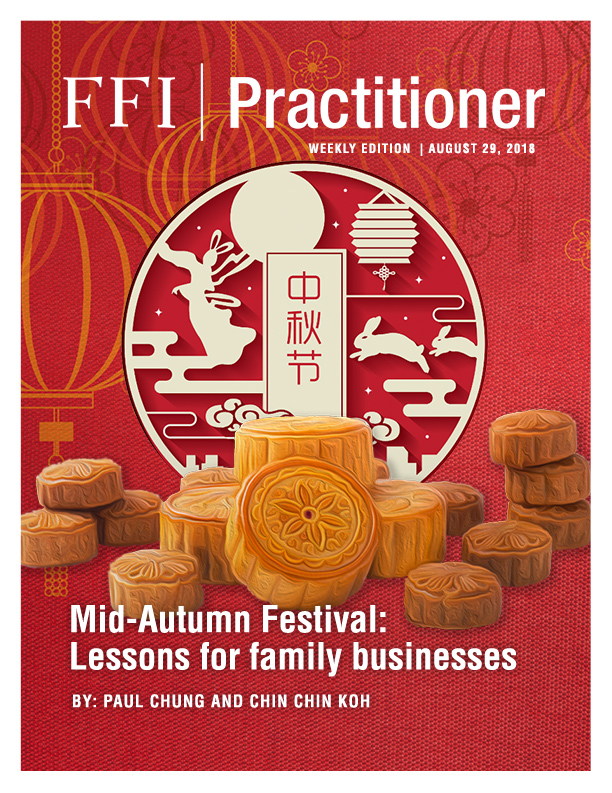Cross-cultural
Mid-Autumn Festival: Lessons for family businesses
Weekly Edition • August 29, 2018
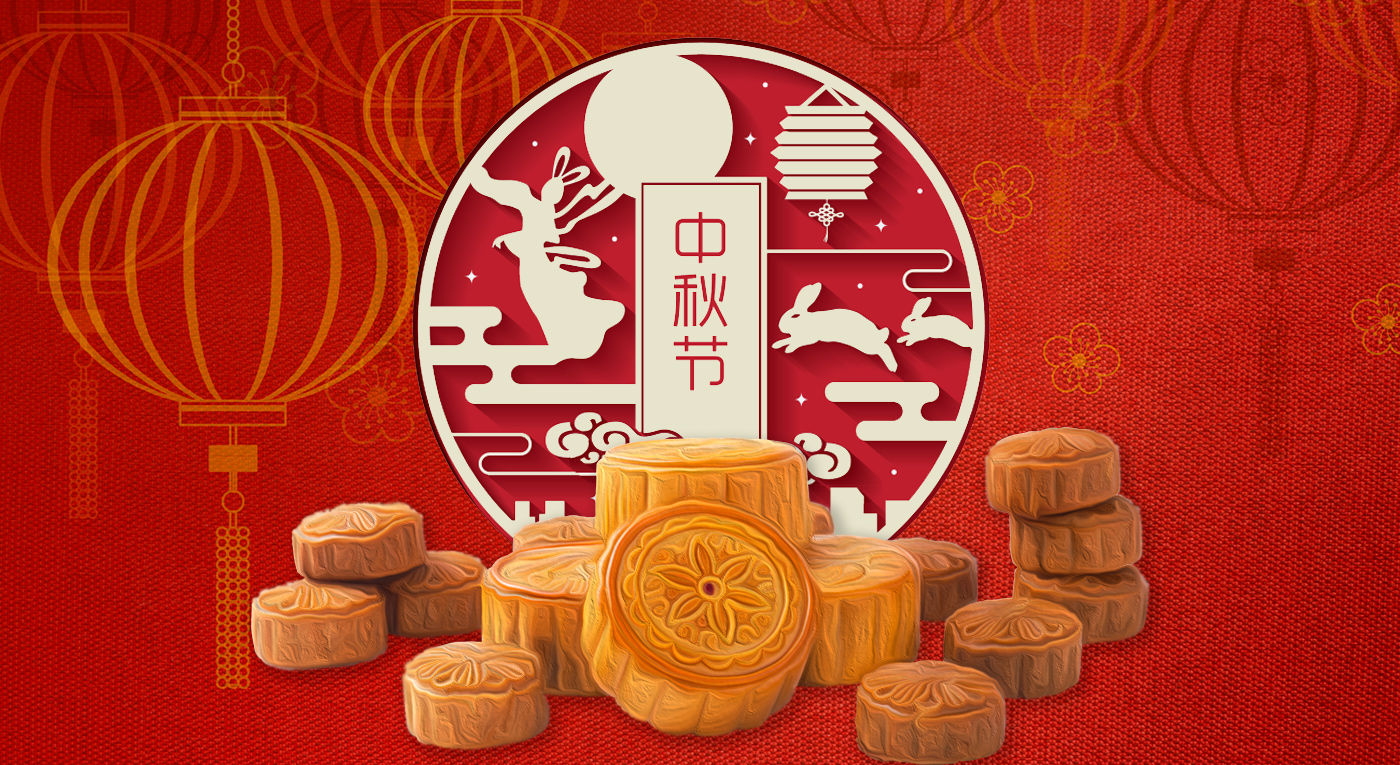
From FFI Practitioner
We hope you’ve been enjoying the month-long FFI Practitioner series dedicated to the theme of “Reflections,” which concludes this week with a piece by Paul Chung and Chin Chin Koh. In this article, the contributors reflect on the ancient Chinese Mid-Autumn Festival and explore its parallels to family enterprise.
Festivals and celebrations are as much a part of a chance for families to build memories as they are times of remembrance and reflection on family outings and gatherings. Whether it is Christmas, end of Ramadan, Lunar New Year, Diwali, or any other significant festival or celebration within our global mosaic; such times of remembrance and reflection help build good memories with our families for a lifetime.
One festival that originated in China known as the Mid-Autumn Festival takes place on the fifteenth day of the eighth month of the lunar year when the moon is at its fullest. This is also the time when Chinese families get together to indulge in delicious mooncakes and stroll the streets with lanterns, creating memories of warm familial bonding.
There are different accounts of how the Mid-Autumn Festival originated. History has it that the mooncake came about when the Han Chinese used it to convey secret notes in its fillings to overthrow the Mongols in the Yuan era.

Folklore has it that the festival celebrated the eternal love between two immortals – Hou Yi and his wife, Chang Er, who both lived in heaven with the Jade Emperor. The emperor had 10 sons who were unruly and were turned into suns in the sky. However, their searing heat was unbearable, and greatly damaged Earth. Lands became parched, harvests withered, and famine ensued.
To save Earth, Hou Yi, being an excellent archer, shot down nine of the suns, leaving only one behind. The Jade Emperor was so upset with Hou Yi for killing his nine sons that he banished Hou Yi and Chang Er from heaven and made them mortals.
Saddened by their plight, Hou Yi wanted to find a solution for both of them to go back to heaven. He then found an elixir of immortality and left it with Chang Er when he went out to hunt. While Hou Yi was out, thieves came for the elixir. Not knowing what to do, Chang Er drank the elixir, making her immortal and thereby journeying up to heaven. However, as she did not want to go to heaven without Hou Yi, she chose to reside on the moon so that she could be nearer to him.
Upon Hou Yi’s return and realizing that Chang Er had left, Hou Yi offered cakes and fruits to the wife as sacrifice. It was said that once a year on the fifteenth day of the eighth lunar month, the heavens would allow Hou Yi and Chang Er to reunite. Mooncakes, which are round and represent the fullness of the moon on this day, are eaten to celebrate their reunion, and this has become a tradition passed down over generations. 1,2
This folklore has charmed generations of the Chinese community. Beyond that, it offers several interesting insights for modern-day family businesses.
Sidebar
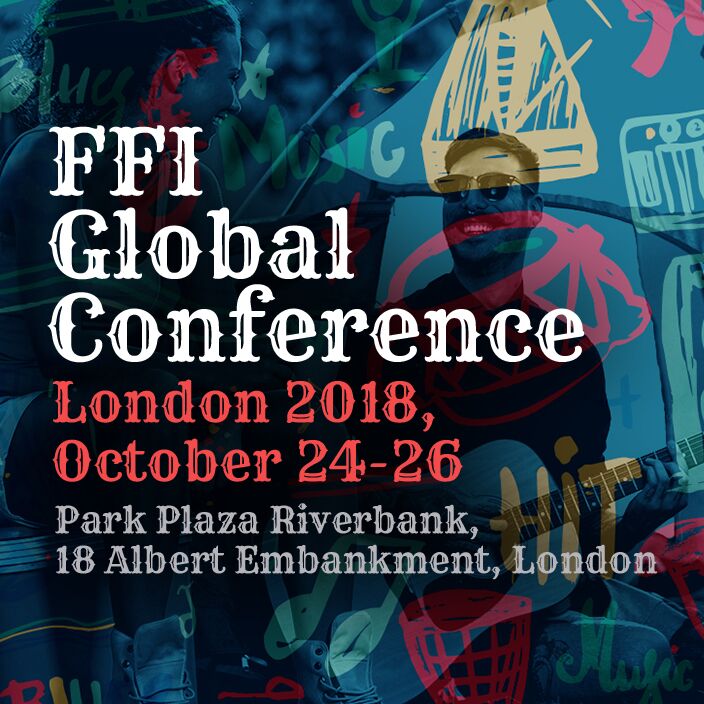
Speaking of festivals…
Join us for the 2018 FFI Global Conference Embankment Festival!
Camp out on the Thames for three days as you challenge and joust with your intellectual and personal best self at this festival of ideas and activities that will improve your understanding of yourself and the modern day family enterprise field.
Communicate and plan
From the folklore, it seems that Hou Yi and Chang Er never spoke about what to do with the elixir of life. It was this one precious thing that they had, but never discussed how to safeguard it. What if they became the target of thieves? What should they do? Would they hide it, drink it, or throw it away?
Similarly, in our work with families, we notice that even though many families work extremely hard to grow the family business, not many like to talk about the “what ifs” concerning their family – and their family business. This sometimes leaves family members, especially the younger generation, guessing what the family has in store for them and invariably leads to some of them forming plans of their own, which may or may not involve the family or the family business.
In the work that we have done with families across Asia, even though it sometimes goes against the grain of the “top-down” approach that Asian families are used to, it is usually worth the time and effort to discuss the “what ifs” and to have a “master plan” that stakeholders in the family are aligned with, and more importantly, have a part to play in crafting it.
In families where there is a sense of ownership in the “master plan,” there are higher chances that everyone, including the next generation, will stick to the plan and make it work.
Family council and constitution
One of the main themes of the folklore of Hou Yi and Chang Er is maintaining reunion and unity. In Chinese Asian culture, unity is closely associated with harmony and peace within the family – and that means with every member of the family.
In our work, we have come across families who have created for themselves an environment of unity, peace, and harmony, where family ties are strong and family members are open with one another. This almost never happens by chance. Almost all families who enjoy strong familial relationships (especially with the extended families) invest a lot of thought, time, and effort in nurturing such an environment.
These families admit that they too have disagreements with one another. However, the difference is they are also intentional in keeping communication lines open, and creating ways and means to discuss and resolve their conflicts with one another. This willingness to continually reach out and work at their issues via a family council or meetings is what sets such families apart from others that are unable to resolve their conflicts amicably.
Establishing dispute resolution principles in a family constitution or setting up a family council, with family members entrusted with the responsibilities and ability to manage and resolve disputes or disagreements between family members, can help in nurturing harmony and peace.

Family governance and management
Finally, let’s look at the 10 sons of the Jade Emperor. In the folklore, they were all suns in the sky. They were mighty and shining, but 10 of the same was creating too much heat – and too much for everyone.
Now put this in the context of business: Imagine a family with 10 equally talented and gifted individuals in the rising generation, all wanting to be the next CEO of the family business! What might happen?
Besides adopting the progenitor mode of succession that happens in Asia, where the firstborn male heir inherits the entire estate to the exclusion of other younger siblings, families with a growing talent pool among the rising generation may want to consider putting in place a governance framework for the family business, so that different family members may be groomed for different roles within the family business. Besides the CEO, family members can also succeed positions like CFO or COO.
A trend that we see in Asian families recently is the setting up of family offices that act as a tool for legacy creation. The family office is usually headed by a trusted family member who is entrusted to deal with the welfare of family members (including the 10 talented and gifted individuals).
“Almost all families who enjoy strong familial relationships (especially with the extended families) invest a lot of thought, time, and effort in nurturing such an environment.”
The family office’s role can include being in charge of non-core business investments and new ventures, as well as looking after the non-business matters and interests of the family. They can engage in incubating new businesses, developing entrepreneurial family leaders, and overseeing the family’s charitable trust and philanthropy. This would allow more members of the rising generation to be involved with creating the family legacy.
Festivals and family celebrations are part of growing and journeying as a family together. This folklore on the Mid-Autumn Festival may be a simplistic analogy to what underpins a strong family business, but nonetheless is a good reminder for families of the importance of nurturing healthy communication and planning, creating a family council or constitution, and setting up governance and management structures for clarity and cohesion.
References
- Moorey, Teresa, Understand Chinese Mythology. London: The McGraw-Hill Companies, Inc., 2001, p. 14-16.
- Allan, Tony and Phillips, Charles, World Mythologies, Ancient China’s Myths and Beliefs. New York: The Rosen Publishing Group, Inc., 2012. p. 75-80.
About the contributors
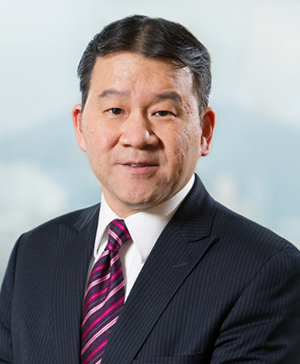
Paul Chung, CFBA, CFWA, has been advising and managing families wealth in Asia for over 18 years in different capacities. His desire is to help families build and extend their legacies through wealth management and planning. A member of the FFI Practitioner editorial committee, Paul can be reached at paul.chung@jvsakk.com.
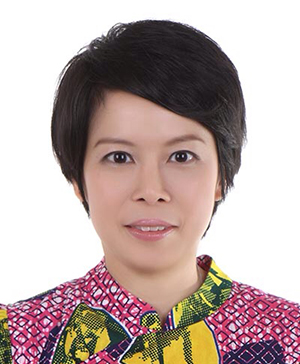
Chin Chin Koh, CFWA, is a qualified lawyer and has more than 18 years’ experience in professional legal services, of which the last 13 years have been focused on assisting clients in private banking, family governance and family office matters. She advises individual clients and business families on succession and legacy issues, family governance, asset holding and structuring questions, family office design and set-up, and can be reached at chin.koh@sg.ey.com.
About JVSakk Asset Management Ltd.
JVSakk Asset Management Ltd. is a group based in Hong Kong specializing in consulting individuals, families, and businesses on their family wealth and business needs.
About EY Singapore
EY Singapore has a 129-year history and is part of an integrated Asia-Pacific Area, which comprises more than 40,000 people in 22 countries.
The views in this article are those of the author and do not necessarily reflect the views of the global EY organization or its member firms. This article contains information in summary form and is therefore intended for general guidance only. It is not intended to be a substitute for detailed research or the exercise of professional judgment. Member firms of the global EY organization cannot accept responsibility for loss to any person relying on this article.
Related Articles
If you enjoyed this article, view the related article that discusses evolving advising practices and dynamics that demand action to preserve family harmony and unity.
